How to Invest in Index Funds for Beginners in 2025
How to Invest in Index Funds for Beginners 2025
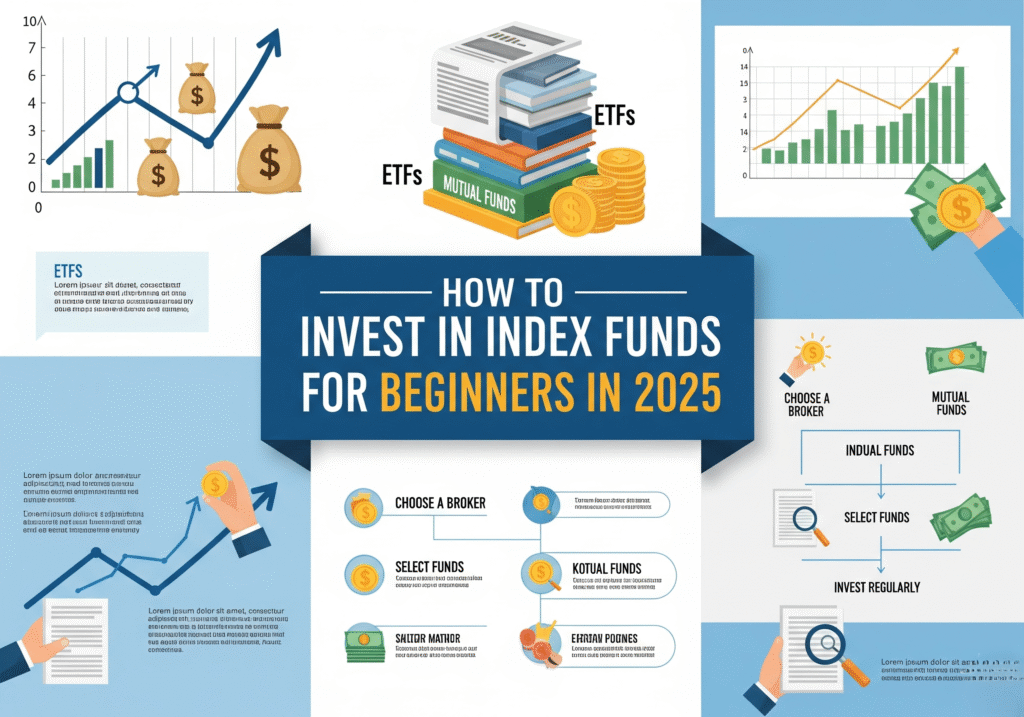
Introduction OF How to Invest in Index Funds for Beginners 2025
Investing might seem stressful and complex to many novices. With all of the stock-picking advice, eye-catching headlines, and ongoing market news, it can be difficult to know where to begin. To build wealth, however, you don’t have to be an expert on Wall Street. Index funds are among the easiest, safest, and most efficient alternatives for novice investors to make investments.
Because index funds are inexpensive, diversified, and simple to handle, they have become extremely popular. In actuality, Warren Buffett and other highly successful investors have suggested index funds as a means of accumulating money over the long run. This tutorial will describe index funds, why they are ideal for novices, and how to begin investing in 2025 step-by-step if you are new to the market.
What is an Index Fund? AND How to Invest in Index Funds for Beginners 2025
One kind of investment that follows a particular stock market index is an index fund. Index funds seek to replicate the performance of the entire market rather than picking individual equities in an attempt to outperform it.
For instance, shares in the 500 biggest US corporations, such as Apple, Microsoft, and Amazon, are held by an S&P 500 index fund. You are effectively investing in all 500 firms at once when you purchase stock in the fund.
Two primary categories of index funds exist:
- Mutual funds are pooled investments that are overseen by firms such as Fidelity or Vanguard.
- Exchange-Traded Funds (ETFs): These funds monitor an index while trading on exchanges similarly to equities.
Compared to choosing individual equities, both strategies provide investors a simple approach to diversify and lower risk.
Why Index Funds are Good for Beginners
Because index funds are straightforward, affordable, and dependable, they are frequently referred to as “set it and forget it” investments. They’re perfect for novices for the following reasons:
- Diversification: You can reduce your risk by investing in an index fund, which gives you a stake in hundreds or even thousands of businesses.
- Low Fees: Compared to traditional mutual funds, index funds have substantially cheaper fees because they don’t need active management. These savings mount up over many decades.
- Historical Returns: Over the past century, the S&P 500 has returned an average of almost 10% a year. Index funds have a track record of long-term success, but no investment is risk-free.
- Simplicity: There’s no need to examine specific businesses. A single investment exposes you to a wide range of markets.
These advantages make index funds an ideal starting point for novice investors.
How to Start Investing in Index Funds in 2025
It’s easier than ever to get started with index funds. Here is a detailed guide:
STEP 1: create a brokerage account.
Select a brokerage that you can trust. In the US, popular choices include:
- Fidelity: renowned for its index funds with no fees.
- Vanguard: highly regarded index fund pioneer.
- Charles Schwab: Low costs, excellent for novices.
- Robinhood: An easy-to-use software for novice investors.
Online account opening often takes less than fifteen minutes.
Step 2: Select Your Index
These are the most often used indexes:
- The 500 biggest US corporations are tracked by the S&P 500.
- Almost all publicly traded US corporations are included in the Total Stock Market Index.
- Tech-heavy companies are the focus of the Nasdaq 100.
- Exposure to international markets outside of the US is offered by international indexes.
The S&P 500 and the Total Stock Market Index are excellent places for novices to start.
Step 3: Determine Your Investment Amount
To begin, you don’t need thousands. With many ETFs, you can purchase fractional shares or invest as little as $50. Consistency is key; over time, wealth is created by consistently investing a set amount of money.
Automate Your Investments in Step Four
Establish automatic transfers to your brokerage from your checking account. Automating takes emotion out of the equation and guarantees consistency, even when the market declines.
Best Index Funds in 2025 AND How to Invest in Index Funds for Beginners 2025
These are a few of this year’s top index funds for novices:
1.VOO is the Vanguard S&P 500 ETF.
- follows the S&P 500.
- 0.03% is a low expense ratio.
- Excellent for sustained growth.
2.FZROX, or Fidelity Zero Total Market Index Fund
- no ratio of expenses.
- encompasses the whole stock market in the US.
- Ideal for novices on a tight budget.
3.SCHB, or Schwab U.S. Broad Market ETF
- access to more than 2,500 US stocks.
- inexpensive and quite varied.
4.SPY, or SPDR S&P 500 ETF Trust
- of the most popular and established ETFs.
- high liquidity and reliable results.
All of these funds offer inexpensive access to wide markets, making them secure and accessible to novices.
Mistakes Beginners Should Avoid AND How to Invest in Index Funds for Beginners 2025
Even though index funds are straightforward, novices frequently make mistakes that reduce returns. These are the main ones to stay away from:
- The stock market naturally rises and falls, and panic selling occurs during market dips. Losses are locked in when selling during downturns. Hold onto your investment over time.
- You should only invest funds that you will not require for a minimum of three to five years. Short-term savings are not the purpose of index funds.
- Ignoring Fees: Over decades, even minor fees reduce your returns. Prior to making an investment, always review the expense ratios.
- Insufficient Diversification: Avoid investing all of your money in a single index fund. For balance, think about include a foreign fund or bond index.
Long-Term Growth Mindset AND How to Invest in Index Funds for Beginners 2025
Index funds are more successful over decades than weeks. Compound growth, which yields returns on both your initial investment and the returns it produces, is the source of power.
For instance, even if you only invested $72,000, you may have over $270,000 after 30 years if you invest $200 a month in an S&P 500 index fund with an average annual return of 8%.
The lesson? Time in the market counts more than timing the market. Predicting short-term movements is not as effective as consistency.
Conclusion OF How to Invest in Index Funds for Beginners 2025
One of the easiest and safest ways for novices to begin investing in 2025 is through index funds. They provide long-term development potential, cheap fees, and diversification without necessitating specialized knowledge.
Start by opening a brokerage account, selecting an index, making consistent investments, and avoiding rash choices. You can start right now, regardless of your financial situation.
The sooner you begin, the more effectively compounding works to your advantage. The true keys to accumulating money with index funds are patience and consistency, so don’t wait for the “perfect” moment to invest.
how-to-start-investing-in-index-funds-2025

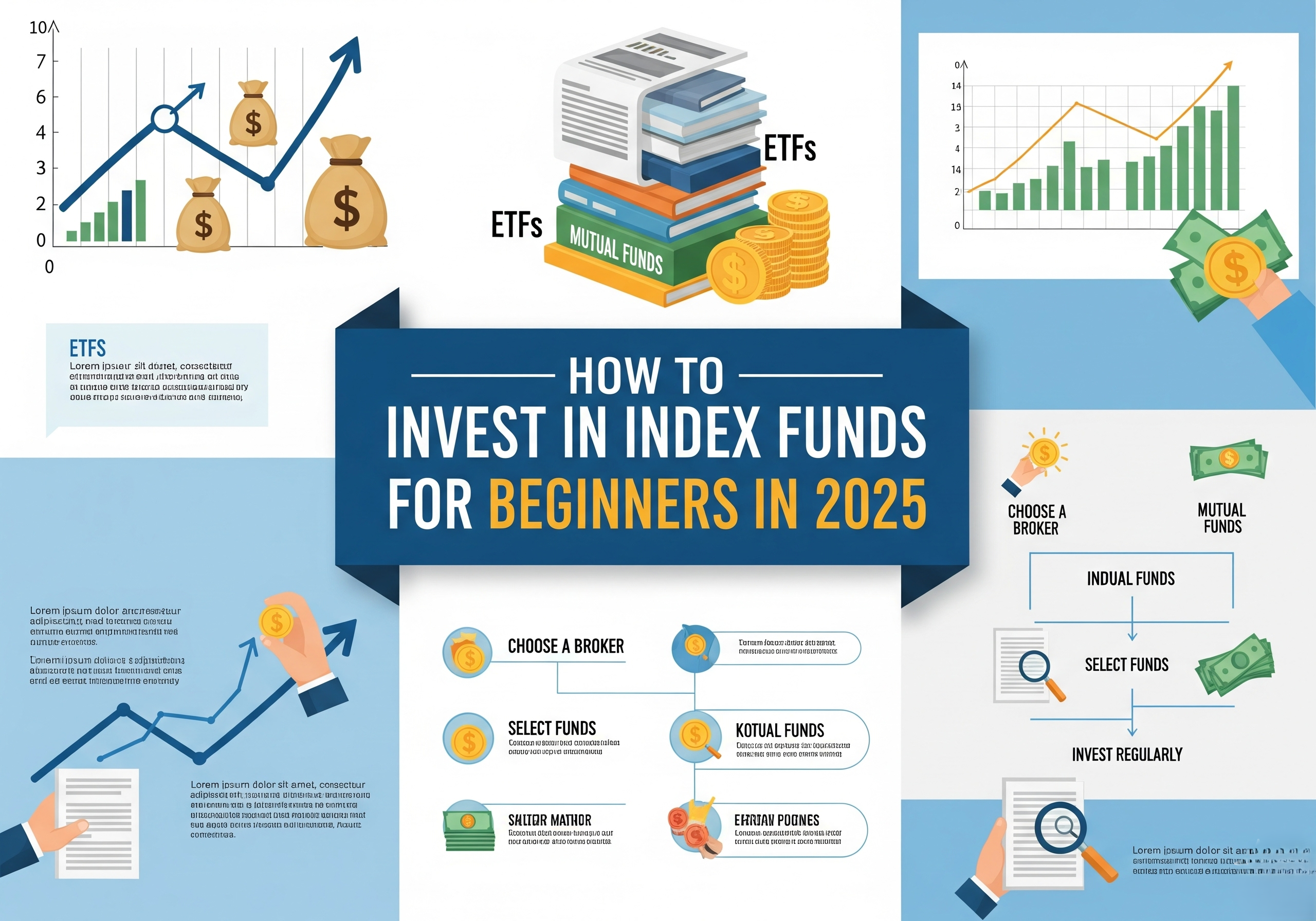

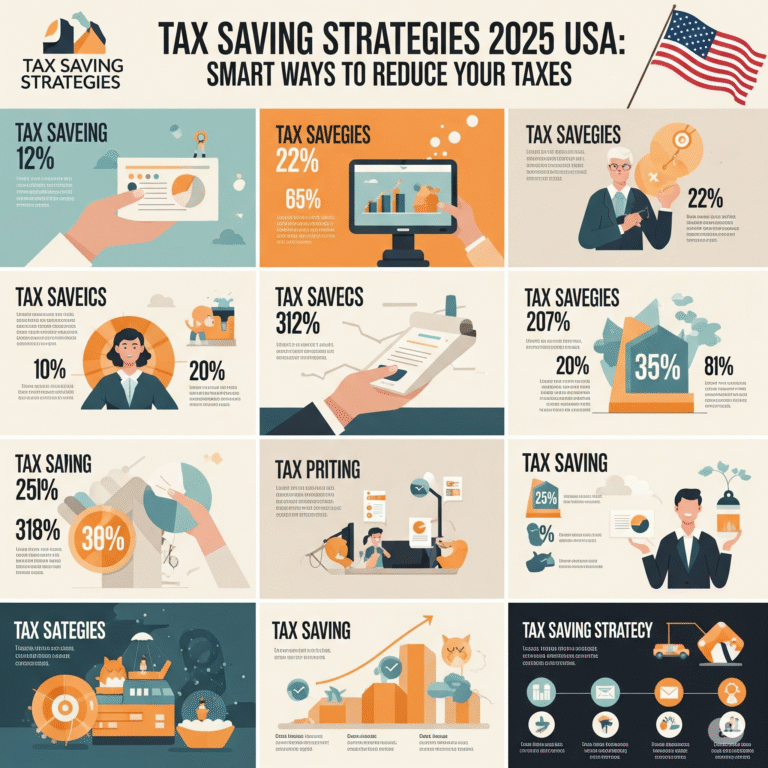
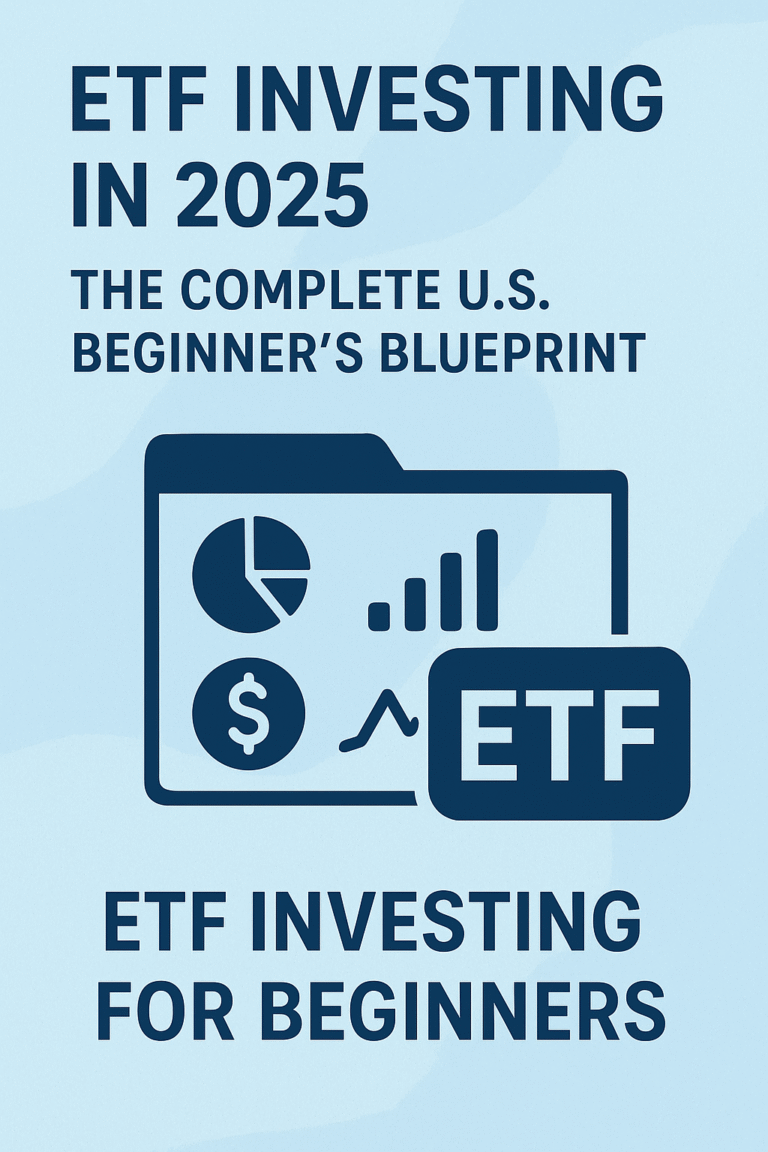


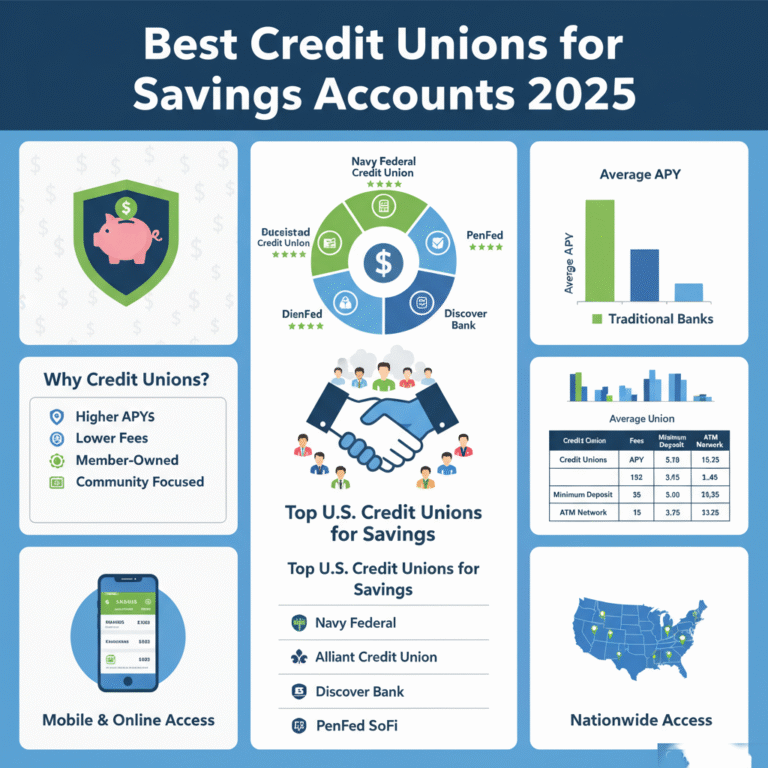
One Comment